Iran urges IAEA not to be influenced by certain countries’ political objectives
The spokesman for Iran’s Foreign Ministry has called on the International Atomic Energy Agency (IAEA) not to allow certain countries to abuse its name for the sake of achieving their own political objectives.
Saeed Khatibzadeh made the remarks at a press conference on Monday, during which he also hinted at the upcoming visit of Rafael Grossi, head of the IAEA, to Iran, saying, “I hope this trip would be constructive like the previous ones.”
Khatibzadeh noted that, “We have always advised the agency to remain on the path of technical cooperation, and not to allow some countries to advance their political agendas and political objectives using the name of the agency.”
Grossi is slated to visit Iran later on Monday.
Elsewhere in his remarks, Khatibzadeh stressed that Iran’s focus in the multilateral talks – scheduled to resume in the Austrian capital, Vienna, on November 29, after a five-month hiatus – “is the removal of unilateral extraterritorial and illegal sanctions against Iran.”
He said Iran is serious in this endeavor and urged the other parties to attend the negotiations with the same level of commitment.
‘We need genuine guarantees’
Khatibzadeh stressed that Washington need to provide guarantees that it would not once again ditch the landmark nuclear deal signed by Iran and world powers in 2015, officially known as the Joint Comprehensive Plan of Action (JCPOA).
“It is natural that both we and the G4+1 need genuine guarantees, and it is better for the American officials who would come to Vienna to know that [they need to] give these guarantees,” he said.
The JCPOA was inked by Iran and six world powers in 2015, under which Tehran agreed to put limits on certain aspects of its nuclear activities in exchange for the removal of international sanctions imposed against the country.
In 2018, however, the US exited the nuclear pact and began to unilaterally implement what it called the maximum pressure campaign against the Islamic Republic, effectively depriving Iran of the deal’s benefits by forcing third parties to stop trade with Iran.
Iran remained patient for an entire year, after which it began to take incremental steps away from its nuclear obligations due to the other parties’ proven failure to secure its contractual interests.
The Islamic Republic’s nuclear steps prompted other signatories to enter talks, earlier this year, with the aim of reviving the JCPOA through a mutual return by all sides to their commitments under the deal.
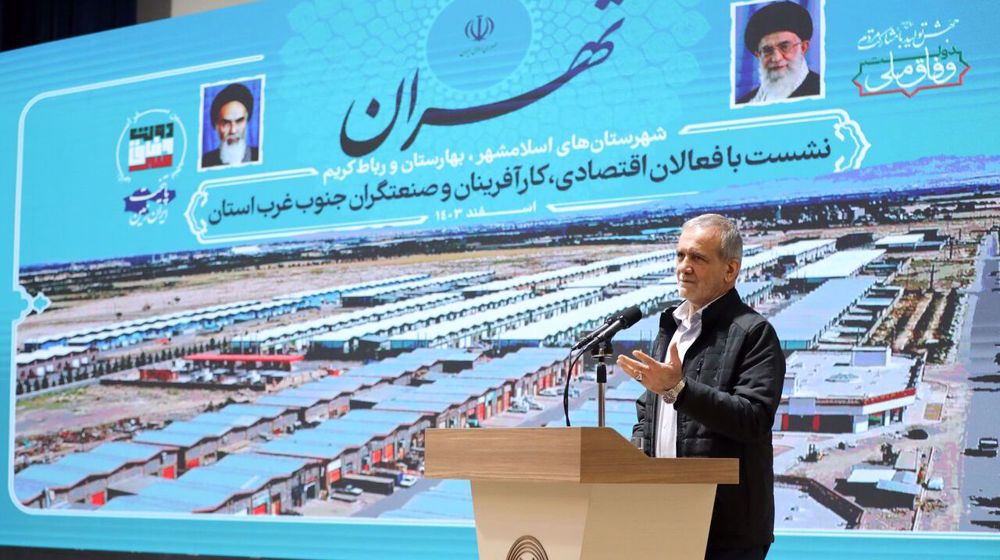
Pezeshkian: Iran open to talks but won’t capitulate to bullies
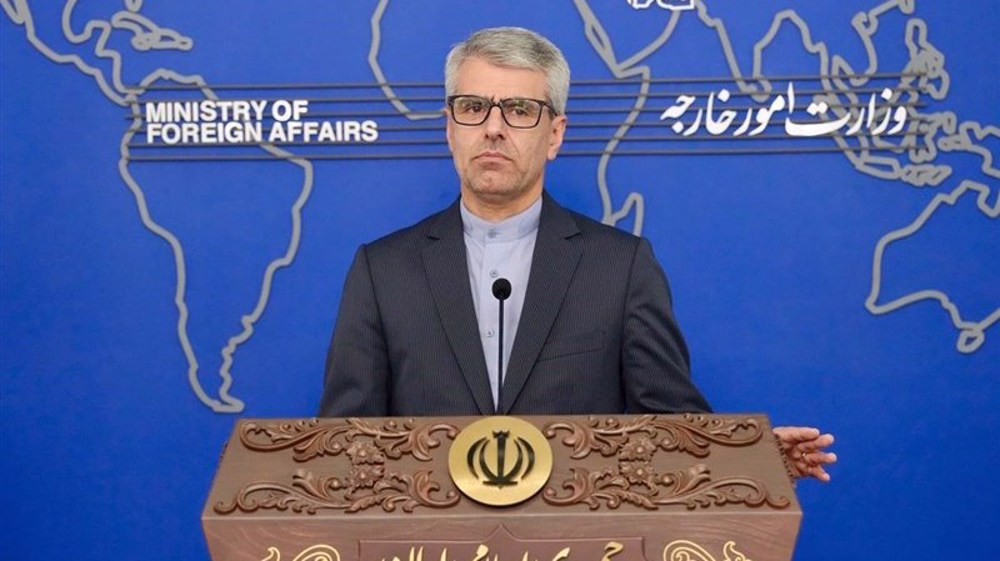
Iran urges swift action to end Israel’s strikes on Syria
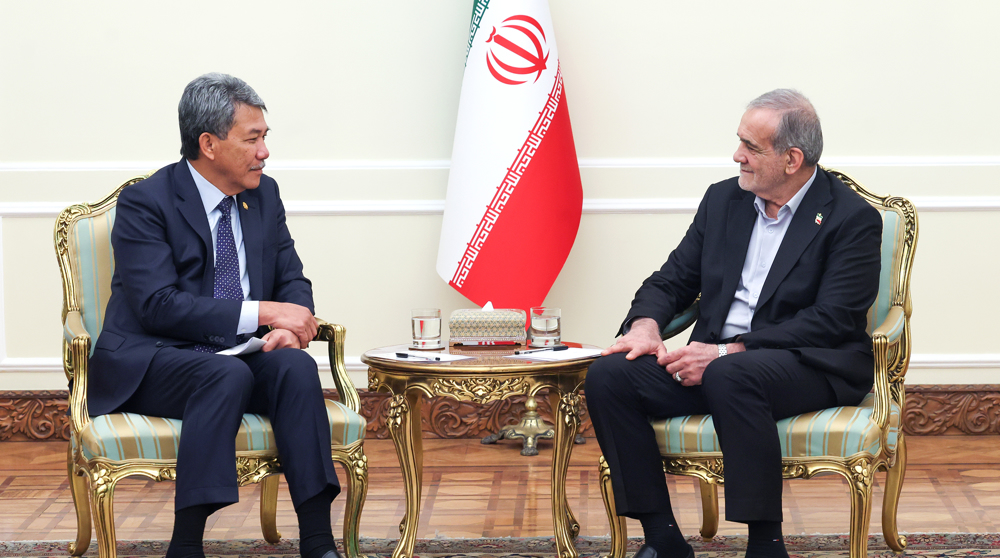
Pezeshkian urges promotion of convergence among Muslim states
Over dozen settlers injured in anti-Israel operation near Haifa
Pezeshkian: Iran open to talks but won’t capitulate to bullies
VIDEO | Iran unveils advanced naval arsenal
VIDEO | Reunion of released Palestinians and their families in Khan Yunis
Kurdish leader Ocalan calls on PKK militants to end war with Turkey
Health leader warns Africa's health services at risk of 'collapse'
VIDEO | Press TV's news headlines
Iranian flotilla makes port call in India with 'friendship message'


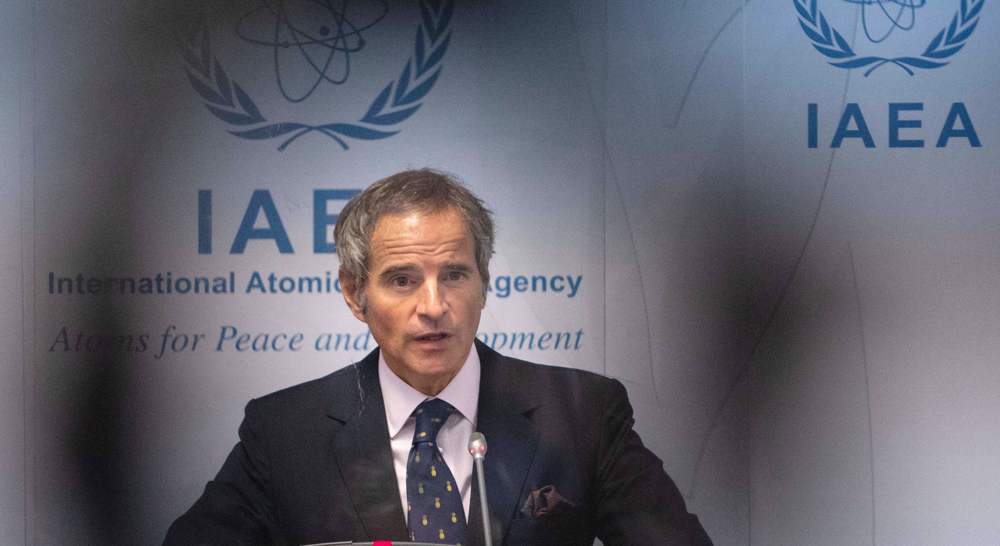
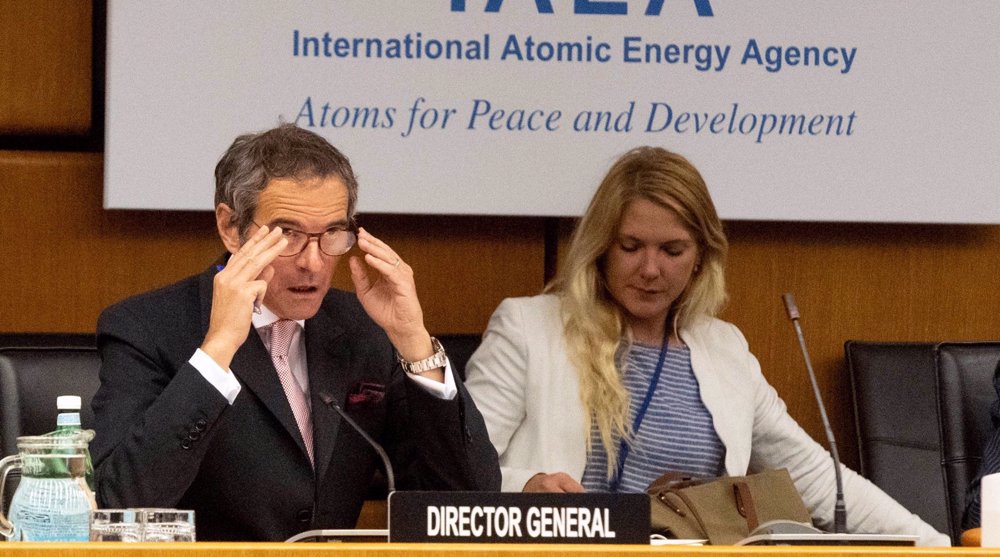



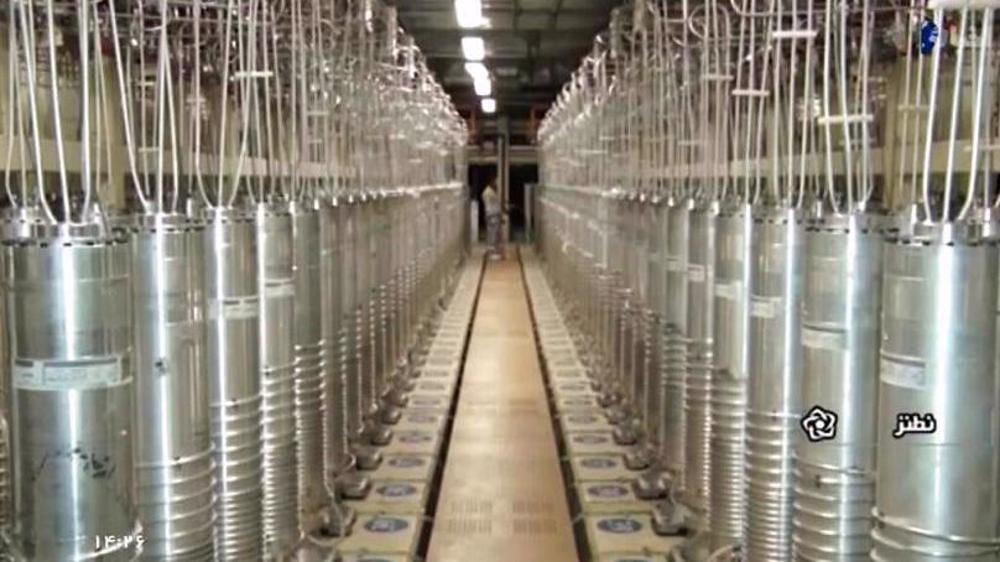

 This makes it easy to access the Press TV website
This makes it easy to access the Press TV website